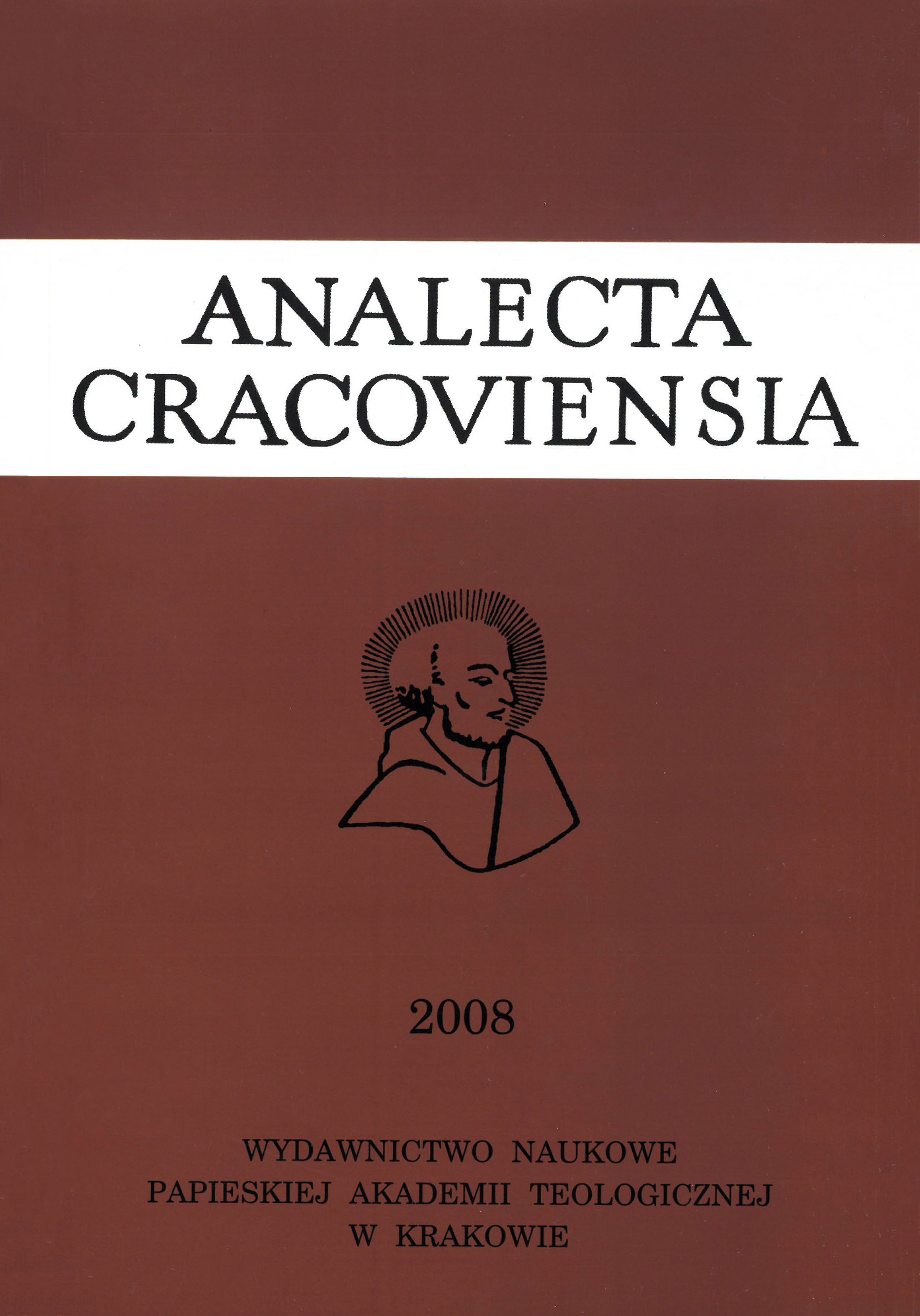Naturalny język semantyczny jako narzędzie ekskulturacji. Ocena propozycji Anny Wierzbickiej w kontekście postulowanej inkulturacji
DOI:
https://doi.org/10.15633/acr.4019Abstract
Der Artikel begründet die Notwendigkeit der Exkulturation bei der Durchführung der Inkulturation. Nachdem die wichtigsten Aussagen der Kirche über die Inkulturation zusammengestellt worden sind, wird der Vorschlag von Anna Wierzbicka geschildert. Nach der Meinung der weltberühmten Sprachwissenschaftlerin soll die Botschaft der Bibel aus ihrer früheren Kultur entwurzelt werden (Exkulturation). Ihren Ausdruck soll sie dann in den einfachen und elementaren Begriffen (semantische Primitiva) finden. Als Instrument der Exkulturation (nicht nur der Botschaft der Bibel) soll die natürlich-semantische Metasprache (Natural Semantic Metalanguage) angewendet werden. Im letzten Teil des Artikels wird als Beispiel solcher Exkulturation die Analyse des Gleichnisses aus dem Lukasevangelium 18, 9–14 vorgestellt. Die zahlreichen Publikationen der Autorin und die beispielhafte Durchführung der Exkulturation führen zum Schluss, dass der Vorschlag einer solchen Analyse den kirchlichen Forderungen hinsichtlich der Inkulturation der biblischen Botschaft entspricht.
Downloads
Published
Issue
Section
License
Copyright (c) 2022 Roman Pindel

This work is licensed under a Creative Commons Attribution-NonCommercial-NoDerivatives 3.0 Unported License.
Authors who publish with this journal agree to the following terms:
- Authors retain the copyright and full publishing rights without restrictions, and grant the journal right of first publication with the work simultaneously licensed under a Creative Commons Attribution 4.0 International License that allows others to share the work with an acknowledgement of the work's authorship and initial publication in this journal.
- Authors are able to enter into separate, additional contractual arrangements for the non-exclusive distribution of the journal's published version of the work (e.g., post it to an institutional repository or publish it in a book), with an acknowledgement of its initial publication in this journal.
- Authors are permitted and encouraged to post their work online (e.g., in institutional repositories or on their website) prior to and during the submission process, as it can lead to productive exchanges, as well as earlier and greater citation of published work (See The Effect of Open Access).

